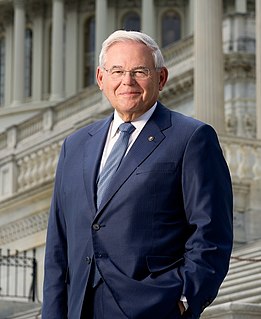A Quote by Sheldon Richman
Government spending reduces the capital that could be invested to serve consumers and to produce new employment opportunities.
Related Quotes
When government 'creates jobs' by taking money from the private sector and 'investing' in favored projects, it is not truly productive activity. Rather, the government has preempted the economic process, forbidding it to serve consumers so that it can instead serve the objectives of politicians and bureaucrats.
If old consumers were assumed to be passive, then new consumers are active. If old consumers were predictable and stayed where you told them, then new consumers are migratory, showing a declining loyalty to networks or media. If old consumers were isolated individuals, then new consumers are more socially connected. If the work of media consumers was once silent and invisible, then new consumers are now noisy and public.
The financial doctrines so zealously followed by American companies might help optimize capital when it is scarce. But capital is abundant. If we are to see our economy really grow, we need to encourage migratory capital to become productive capital - capital invested for the long-term in empowering innovations.
If you have a private firm and you spend a ton of money to pay employees, but what you produce is a flop, there will be no value to GDP. But government spending all gets counted as contributing to economic growth. That's why in the early days of creating these measurements, some people didn't want to count government spending.
Netflix, Amazon, iTunes - whatever platforms emerge - we are looking at as having the same potential that home video had for the movie business. Which means there are entirely new opportunities to monetize our capital investment in content and do so in ways that work for distributors, for consumers and for creators.
As the run-by-capital society of producers turned since into the run-by-capital society of consumers, I would say that the main, indeed "meta", function of the governments has become now to assure that it is the meetings between commodities and the consumers, and credit issuers and the borrowers, that regularly take place.




































